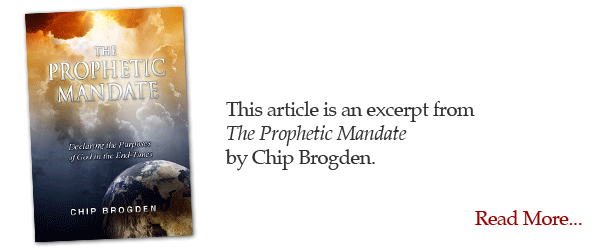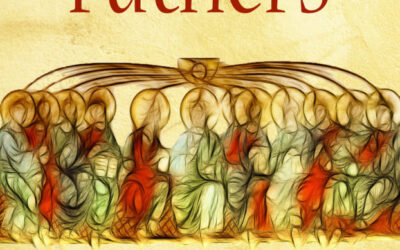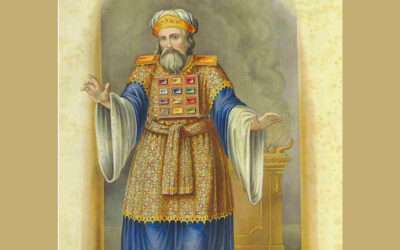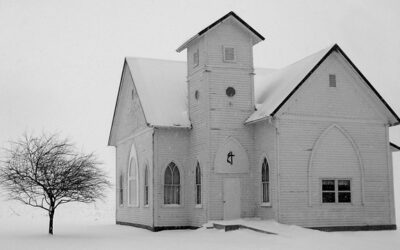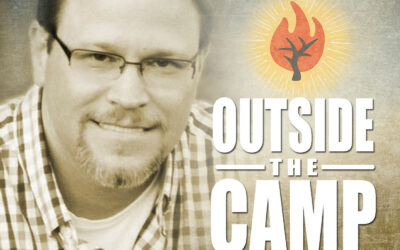In Old Testament times, the watchman on the city wall had a mandate to warn of any dangers that approached. This was his only duty. To carry it out, staying awake and alert was mandatory. If the watchman fell asleep and failed to warn the people, their blood would be on his hands.
Similarly, the Lord has provided a prophetic mandate to those men and women who are called to the prophetic ministry in our time. This age is unique in the sense that it is considered “the dispensation of the fullness of the times,” or, “the last days.” The prophetic mandate today is not to keep watch over a city, but to keep watch over the Ekklesia (a “heavenly city” if you will) to ensure that the Eternal Purpose of God in Christ is fulfilled.
Scripture acknowledges that while everything is technically under the feet of Christ today (since Jesus is Lord), the fact remains that “we do not yet see all things put under Him” (Heb. 2:8). The word yet indicates that one day we will see all things put under Him. In the meantime, most of us just wait for the fulfillment of that Eternal Purpose.
But the prophetic person does not passively wait for anything. The prophet agonizes over the condition of the world, wrestles with God, sees His Purpose, declares it to others, and rises up daily to pray, fast, and fight to ensure that the Purpose is fulfilled. The prophet watches over the Ekklesia, helps it grow, keeps it from drifting off course, weeps when it does, and endeavors to set it right again. The prophet discerns the spiritual enemy working behind the scenes, warns of its dangers, challenges it, and demands its submission to the preeminence of Christ. The prophet observes the ebb and flow of things in the world and evaluates what impact this could have on the Ekklesia and the Purpose of God: are things moving towards God’s Purpose or away from it? The prophet seeks wisdom and understanding and works in harmony with the Holy Spirit to help, encourage, strengthen, warn, and prepare the Ekklesia for what lies ahead. One need only read the Book of Daniel to find Scriptural support of the life I have just described.
To see and hear clearly, the prophet has to remain “above the fray.” To climb down from the wall and become immersed in the minutia and trivia of the day is to invite disaster: “I sent messengers to them, saying, ‘I am doing a great work, so that I cannot come down. Why should the work cease while I leave it and go down to you?’” (Neh. 6:3). The prophetic mandate requires the prophet to be on duty, before the Lord, watching and waiting at all times: day and night, holidays and weekends, in every season, in every place, and in every condition. This is not usually possible outwardly; but inwardly, it is an indispensable necessity.






